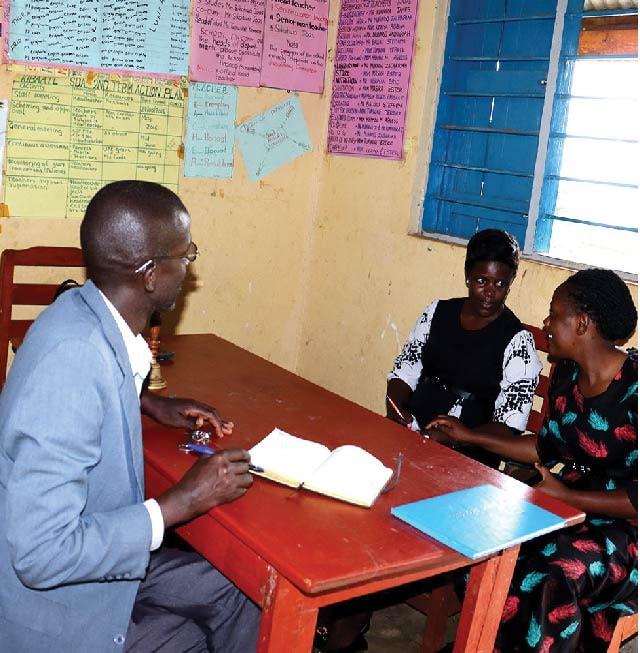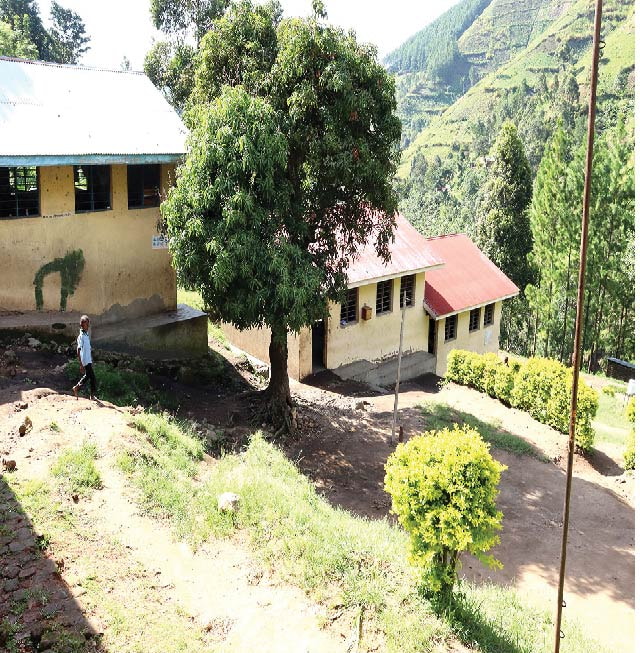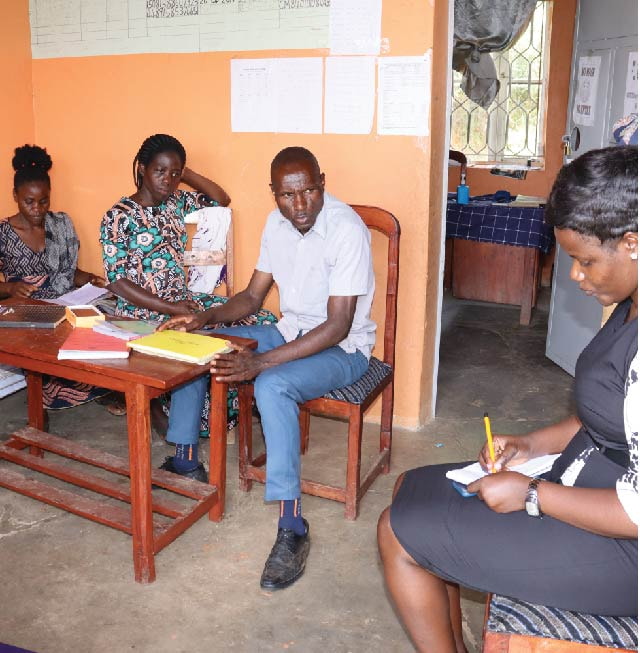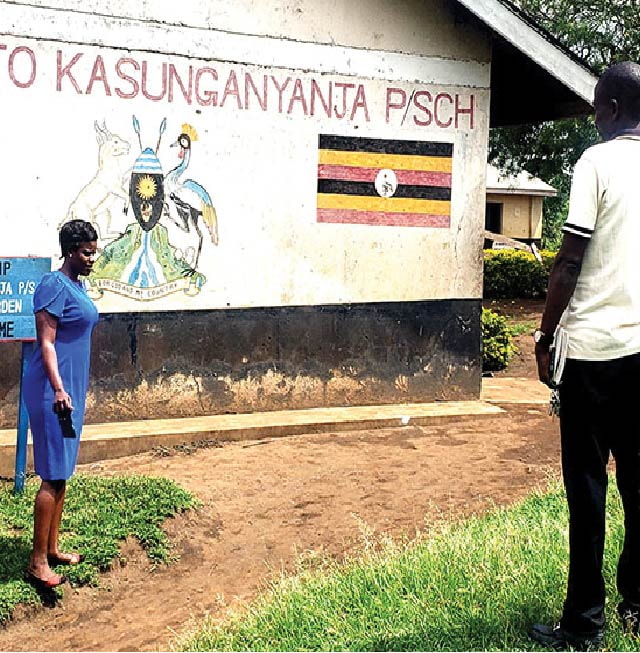Profiling and Selection of Schools in Kigezi and Rwenzori Regions.
The CommonGround Project, under pathway 1, aims to implement an environmental education component in primary and secondary schools, inspired by the PIP approach.
Pathway 1 seeks to ensure gender inclusive Participatory Integrated Planning (PIP)-creation (vision building, action planning) at the household level, which is followed by capacity building on integrated land and farm management, based on farmer-to-farmer transfer of knowledge to scale-out.
Environmental education aims at engaging students in exploring environmental issues, problem-solving, and taking action to improve their school environment.
By participating in environmental education, students can understand the importance of valuing a healthy environment, develop the skills needed to act on their own, and encourage their school communities to actively participate in responsible environmental actions.
Overall, environmental education in schools is essential for building a generation of environmentally conscious individuals who are equipped to make a positive impact on the world around them.
Therefore, the initial step in the environmental education process involved identifying, verifying, and selecting target schools.
This process included engaging in meetings with district education officials, schools, and natural resource management offices to introduce the environmental education approach of the CommonGround Project.
Subsequently, physical visits were made to the identified schools for profiling and to establish connections with school administrations. A selection criterion for the schools was developed, reviewed, and followed by visits to select the target schools.
In the Kigezi region, a total of 46 schools were visited, with 19 in Kabale, 18 in Rubanda, and 9 in Kisoro. Of these, 45 were primary schools and 1 was a secondary school, with 37 being government-aided and 9 being private schools.
In the Rwenzori region, 39 schools were visited, with 7 in Ntoroko and 32 in Bunyangabu. Of these, 32 were primary schools and 7 were secondary schools, with 31 being government and 8 being private schools.
Out of the 84 selected schools from Elgon and Rwenzori, 9 in Rwenzori and 8 in Kigezi were chosen as the initial schools for project implementation, with the remaining schools earmarked for future scaling up.
Many of the schools expressed willingness to participate in environmental awareness activities, had sufficient land, and lacked environmental clubs. The lists of schools in the target sub-counties were obtained from the respective districts.
Training of the CommonGround staff
A training session was held for CommonGround staff in both regions to introduce and implement environmental education using the participatory integrated planning (PIP) approach.
The goal was to enhance staff's capacity in environmental education and demonstrate how PIP can be integrated into it.
The training included 23 field officers and four field supervisors, who were guided through the process of environmental education in schools and provided an overview of the modules included in the Environmental Education Guide.
Review of school PIPs in the Elgon region.
In Elgon region, Environmental clubs in 12 target schools have been active for four years. A review of their school PIPs was conducted by club members, which involved visiting schools and showcasing the PIPs.
Assessments were conducted to determine the club members' achievements, failures, and reasons for their actions.
A summary of the PIP creation process was presented, and patrons and assistants were encouraged to assist in developing revised PIPs using the Environmental Education guide.
The objectives were to provide technical guidance, evaluate the implementation level, document lessons learned, identify challenges faced, discuss solutions, and support the environmental education clubs in creating new school PIP plans based on the review process.





